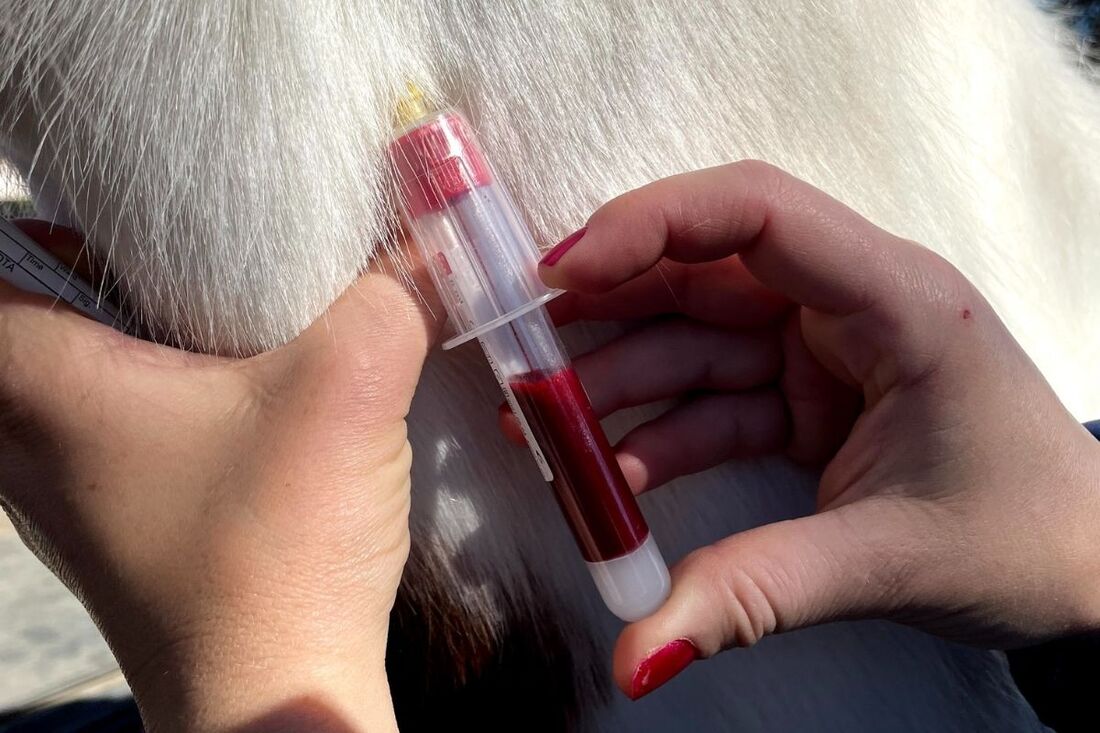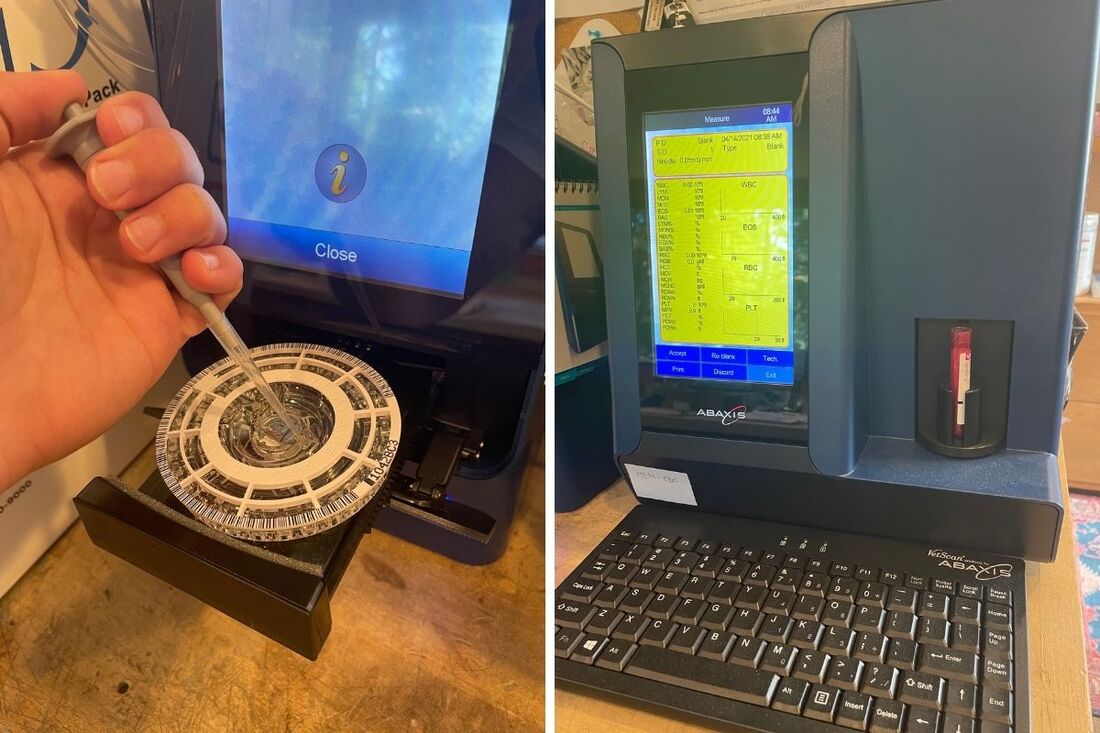|
There will come a time in your horse’s life where their career path will change from equine athlete to retired equine partner. Our goal is to discuss steps you can take to offer a smooth transition. After all, the effort they have put into their jobs for us warrants a well-deserved retirement plan! While going about your daily barn chores, it is vital to create a routine for you and your horse to establish his or her “normal.” This routine can be as simple as giving them a thorough daily groom to check for any lumps, bumps, cuts, or scrapes and note any body condition score or coat color changes. Setting a baseline allows you to recognize any deviations in behavior or wellbeing more easily. An examination is critical in the later stages of their life when identifying subtle changes can help address health concerns early. Just like people, horses’ organ and immune system function change with age. The Starwood veterinary team recommends collecting annual blood work to assess current health and act as a baseline for future reference and comparison. Starwood Equine now offers in-house lab work, providing its veterinarians and clients with rapid results to plan treatment more effectively. This bloodwork provides valuable insights into your horse’s health. A complete blood count (CBC) looks for any signs of anemia or systemic inflammation, while the blood chemistry looks at muscle and organ system function. Assessing organ function can help monitor response to long-term medication use - that many geriatric horses receive. Adding regular testing to your older horse’s annual examination is not only an easy way to assess your horse’s overall health but also will display any early signs of potentially serious diseases. Typically, routine bloodwork includes CBC and chemistry. However, Starwood also has a stall-side SAA that measures systemic inflammation within minutes on the farm. Based on your horse’s presentation, we may also recommend screening for endocrine conditions, including pituitary pars intermedia dysfunction (PPID or Cushing’s disease) and Equine Metabolic Syndrome (EMS). Although EMS and PPID can occur at any age, PPID is most commonly found in horses over the age of 12, and EMS is often detected in horses between the ages of 10-20. These endocrine changes can affect many aspects of your horse’s wellbeing, including their performance and energy, the propensity to infections or hoof inflammation (laminitis), muscle mass, hair coat, and fat distribution. Early detection through bloodwork helps to manage the signs of PPID and EMS before they become serious.
Stay tuned for an upcoming Blog Post on EMS and PPID! In all, this bloodwork helps to monitor current and future conditions that may not be visible to us externally. Regular evaluation can increase the chances of extending the comfort and life of your beloved senior companion. Call Starwood to schedule this routine screening or ask us to include it in our next vaccine visit!
0 Comments
|
Topics
All
Archives
May 2021
|
Privacy Policy | Copyright © 2019 Starwood Equine Veterinary Services, Inc. All rights reserved.




 RSS Feed
RSS Feed